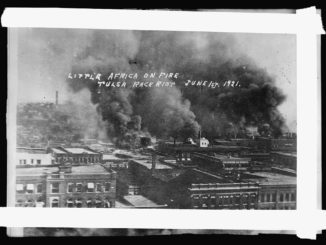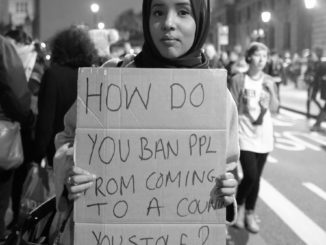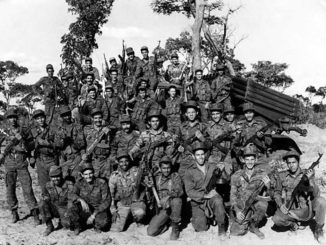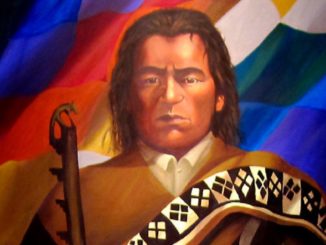
A spoiled ballot in Ecuador’s elections
Ecuador’s April 11 election that led to a 5-point victory by conservative banker Guillermo Lasso over progressive candidate Andrés Arauz was not what it appeared to be. On the surface, it was a surprisingly clean and professional election. But a fraud-free process for casting and counting ballots does not mean that the election was free and fair. Behind the scenes was a monumentally unequal playing field and dirty campaign designed to quash an Arauz win.





